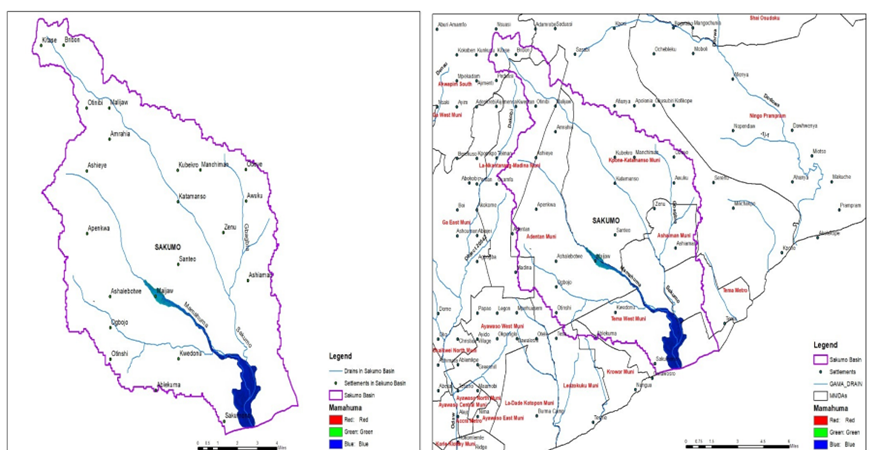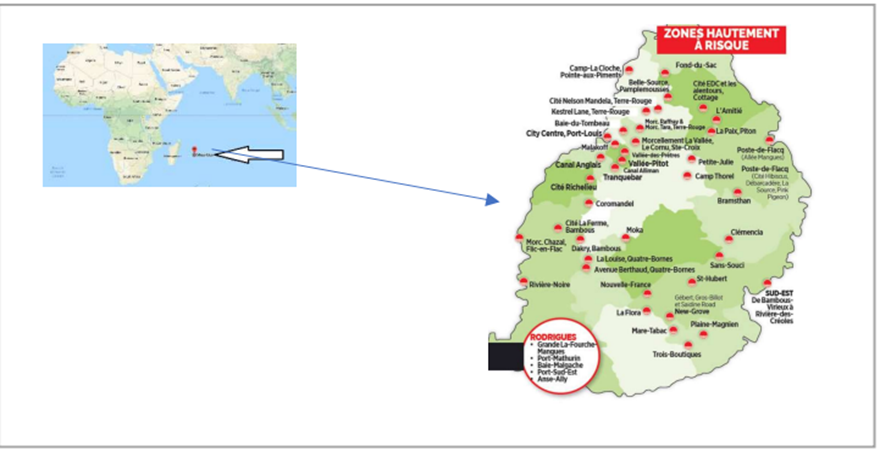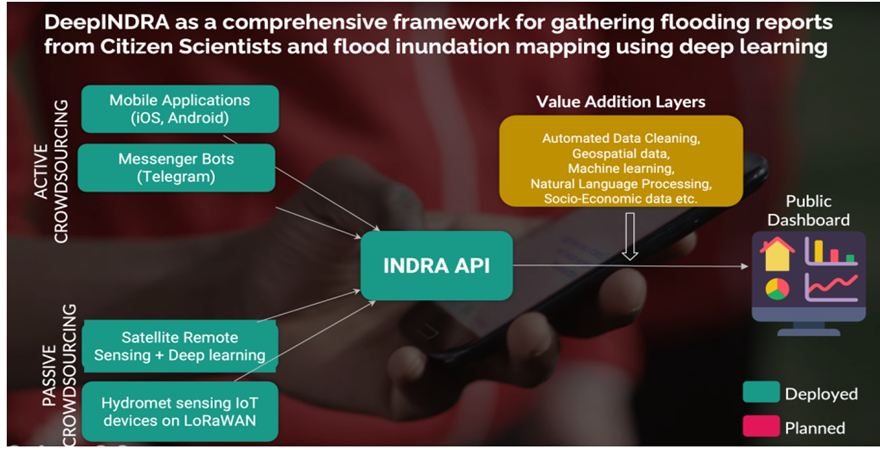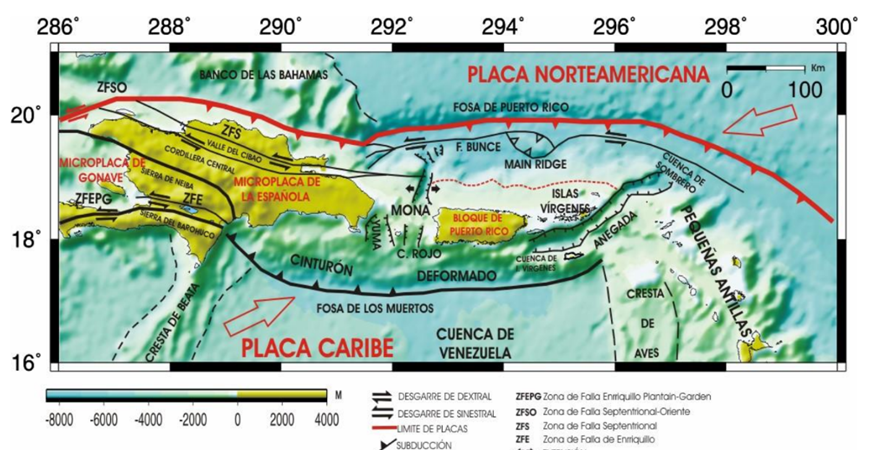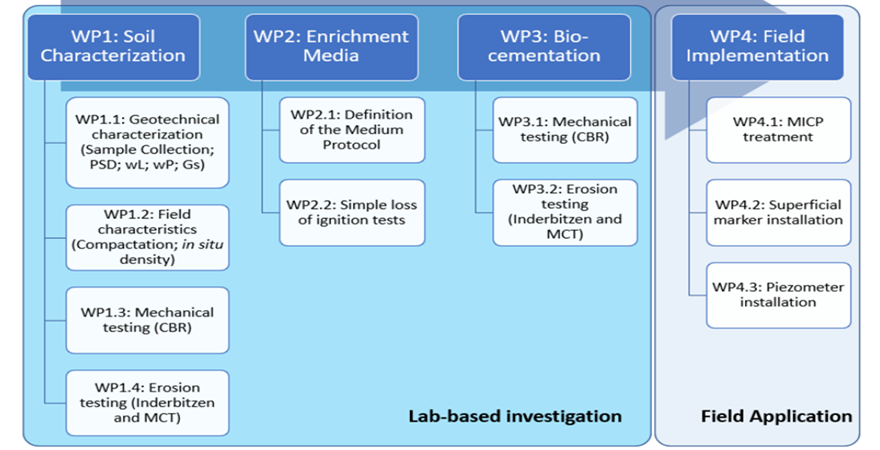- +91-11-4044-5999
- info@cdri.world
-
Copernicus Marg, New Delhi, INDIA
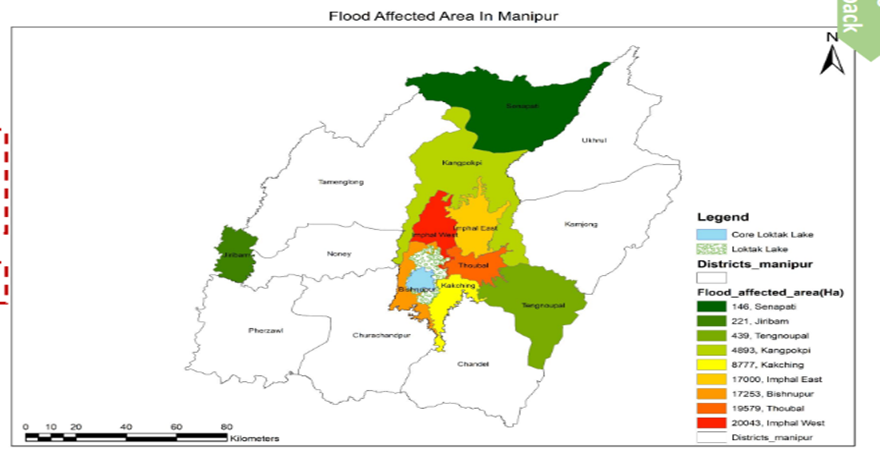
Resilient infrastructure planning for fragile socio-ecological system of wetlands
Dr Surabhi Mehrotra
Ksh Lal Bihari Singha
Maulana Azad National Institute of Technology (MANIT) Bhopal
Research problem: Wetlands are fragile, Socio-Ecological Systems that provide life-supporting infrastructure. The lack of resilient planning and haphazard development has led to the degradation of wetlands and the ecosystem services it provides. Water pollution and the development of the surrounding area have led to its gradual degradation. A disaster-resilient approach to planning is missing.
Innovation/novelty: The vulnerability of the wetland system will be understood based on the Resistance, Adaptation and Transformation of both the local community and the ecological system of the wetland. The novelty lies in spatial mapping of complex Socio-Ecological systems, identifying the critical zones and suggesting a spatial framework for adopting a resilient planning approach.
Proposed solution: To protect the wetland and its community from undesired impacts of development, a people-centric ecologically sensitive development of the area is suggested. A spatial Framework would adopt a resilient planning approach, including Socio-Ecological Parameters and Indicators, to measure disaster vulnerability and suggest spatial zonation based on prediction based on the GWR method.
Research Methodology: The research methodology will entail a vulnerability assessment of the socio-ecological system of Wetland using spatial mapping and a critical area assessment approach using geoprocessing tools. Resilient planning will be suggested based on stakeholder assessment, parametric analysis and predictive spatial modelling approach using geographically weighted regression analysis.
Practical application and implications: The proposed wetland protection framework based on distinct spatial zonation and predictive modelling will help t bridge the gap between science and application. The concept of considering wetlands as the socio-ecological system through stakeholder participation would ensure local community participation in the process of vulnerability assessment and implementation of a protection framework.
Assumptions: The study assumes that the development of the case study area will be in accordance with the Development Plan. All parameters and indicators from the literature review are assumed to be covered for the study. The expert opinion will be used to assess key parameters applicable globally in a similar context.
Scope and limitations: The Scope of the study includes indicator mapping of social and ecological parameters of the ecosystem of wetlands. The study will be limited to the spatial area delineated after the surveys, catchment analysis and literature study. The resilient framework is proposed considering the infrastructure, development projections and policies applicable around the wetland.
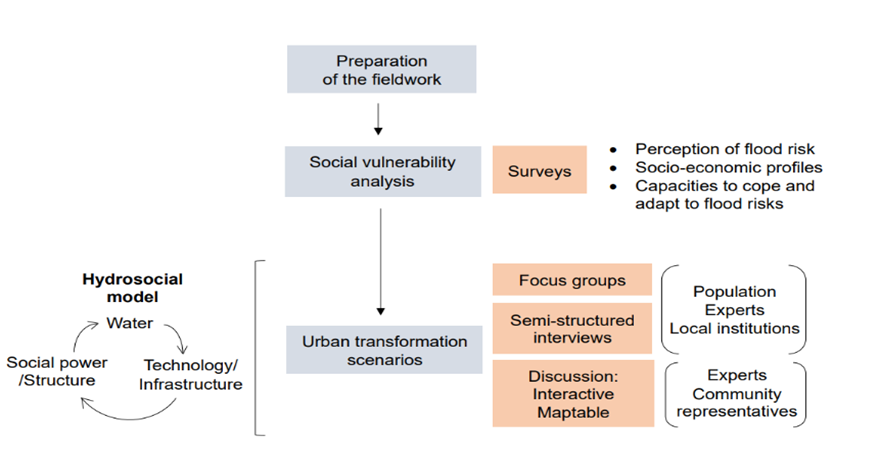
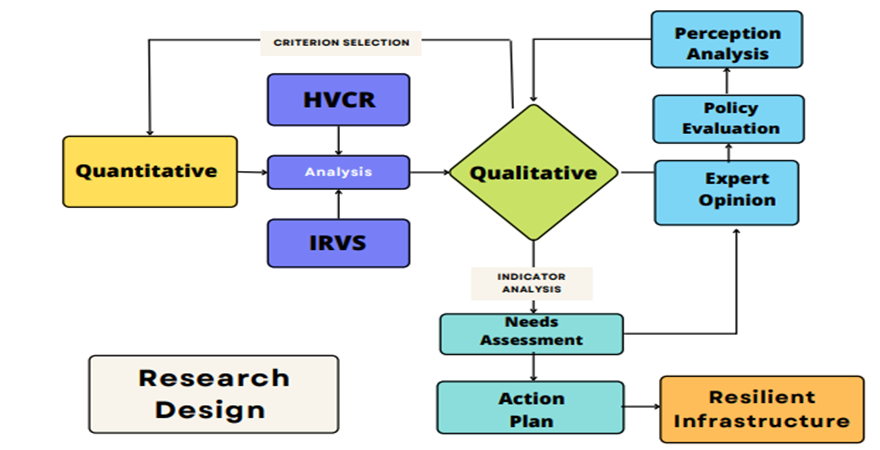
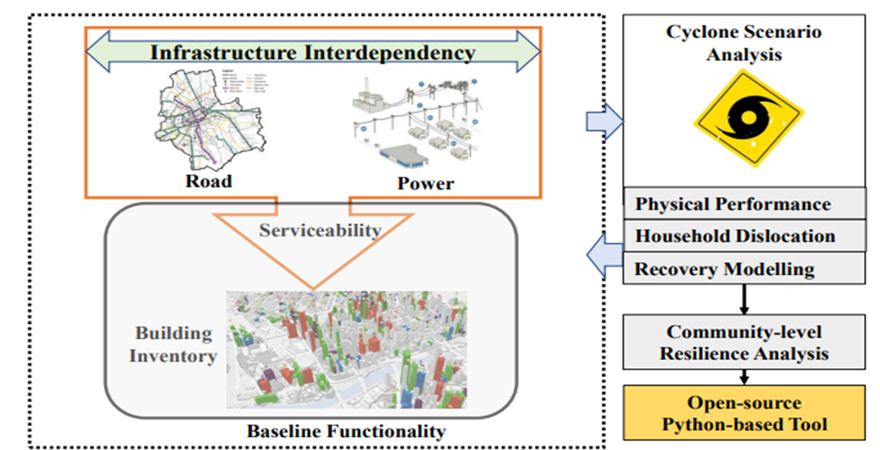
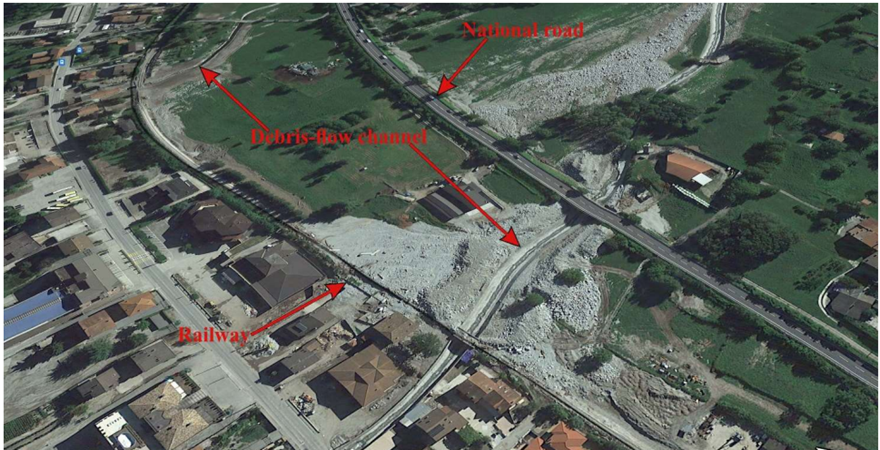
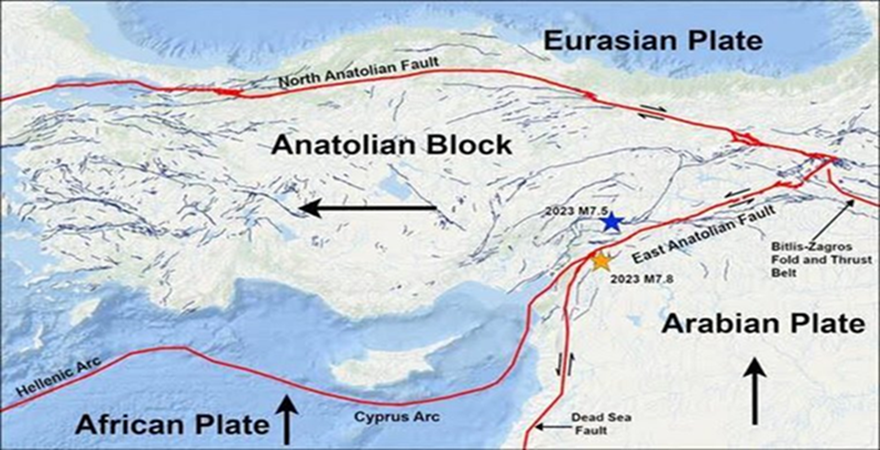
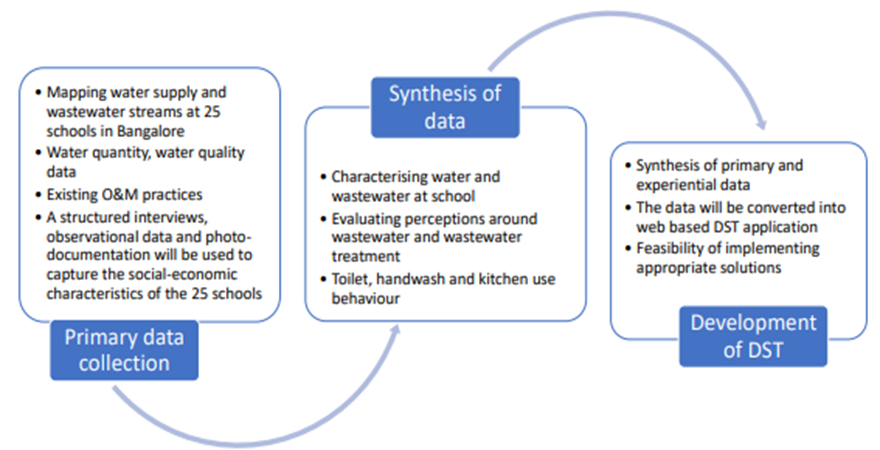
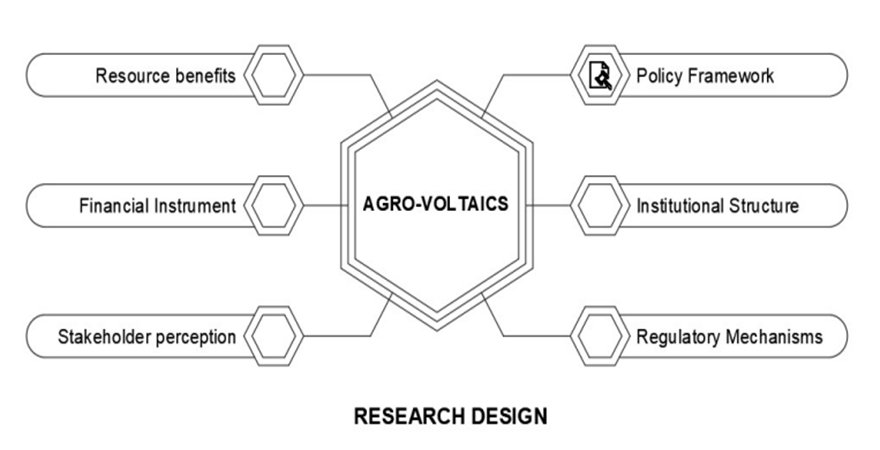
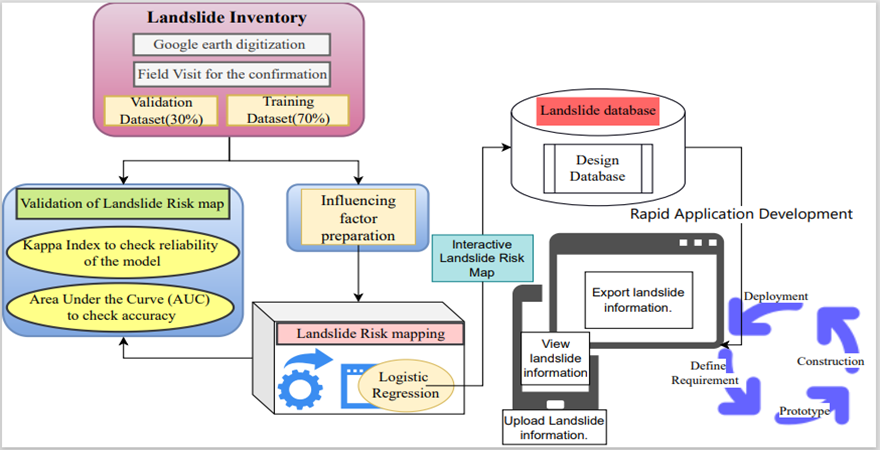
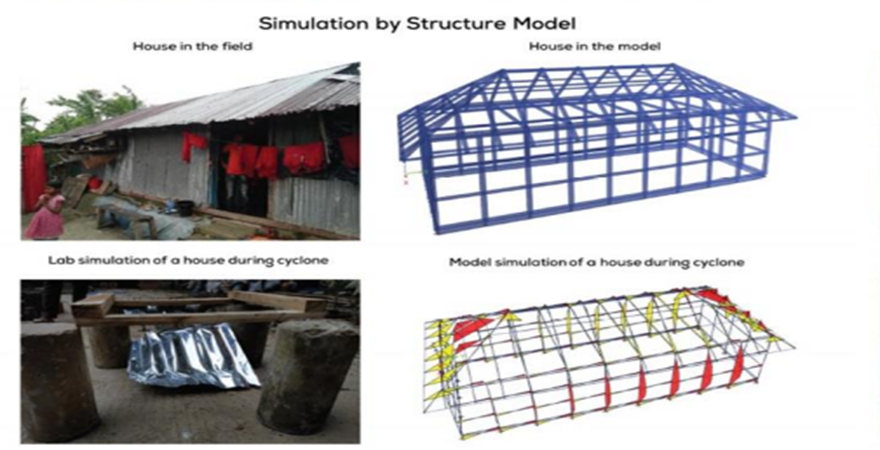
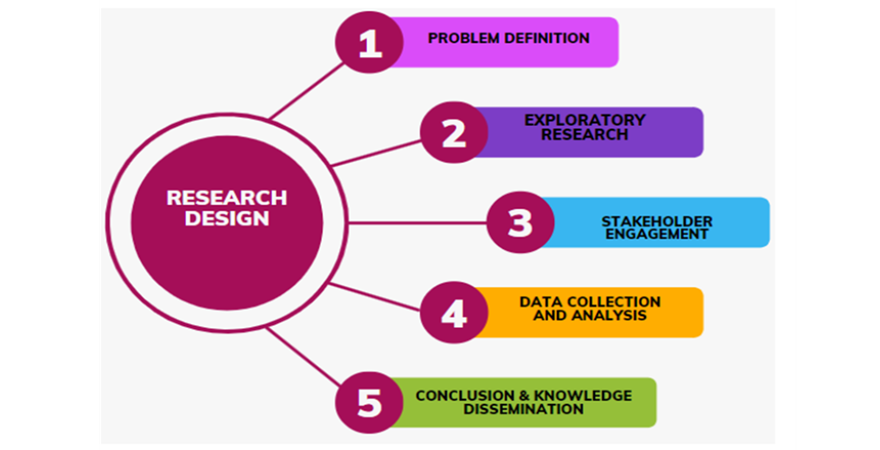
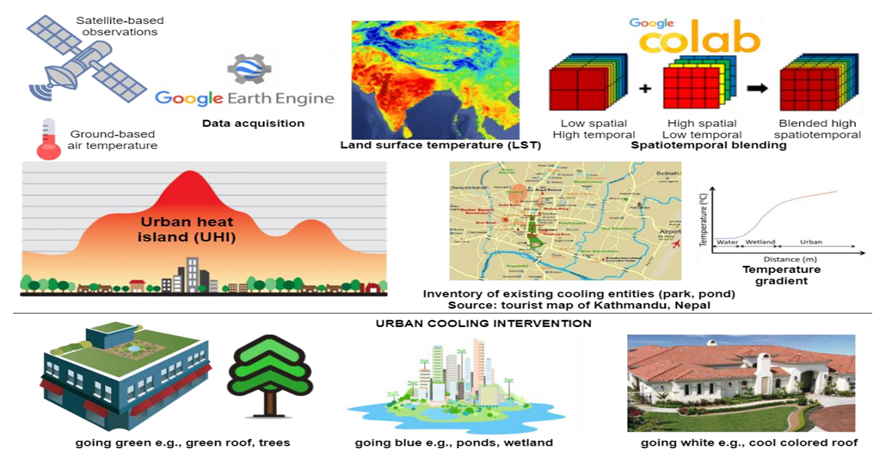
 mainstreaming inclusion of persons with disabilities in disa.png)
